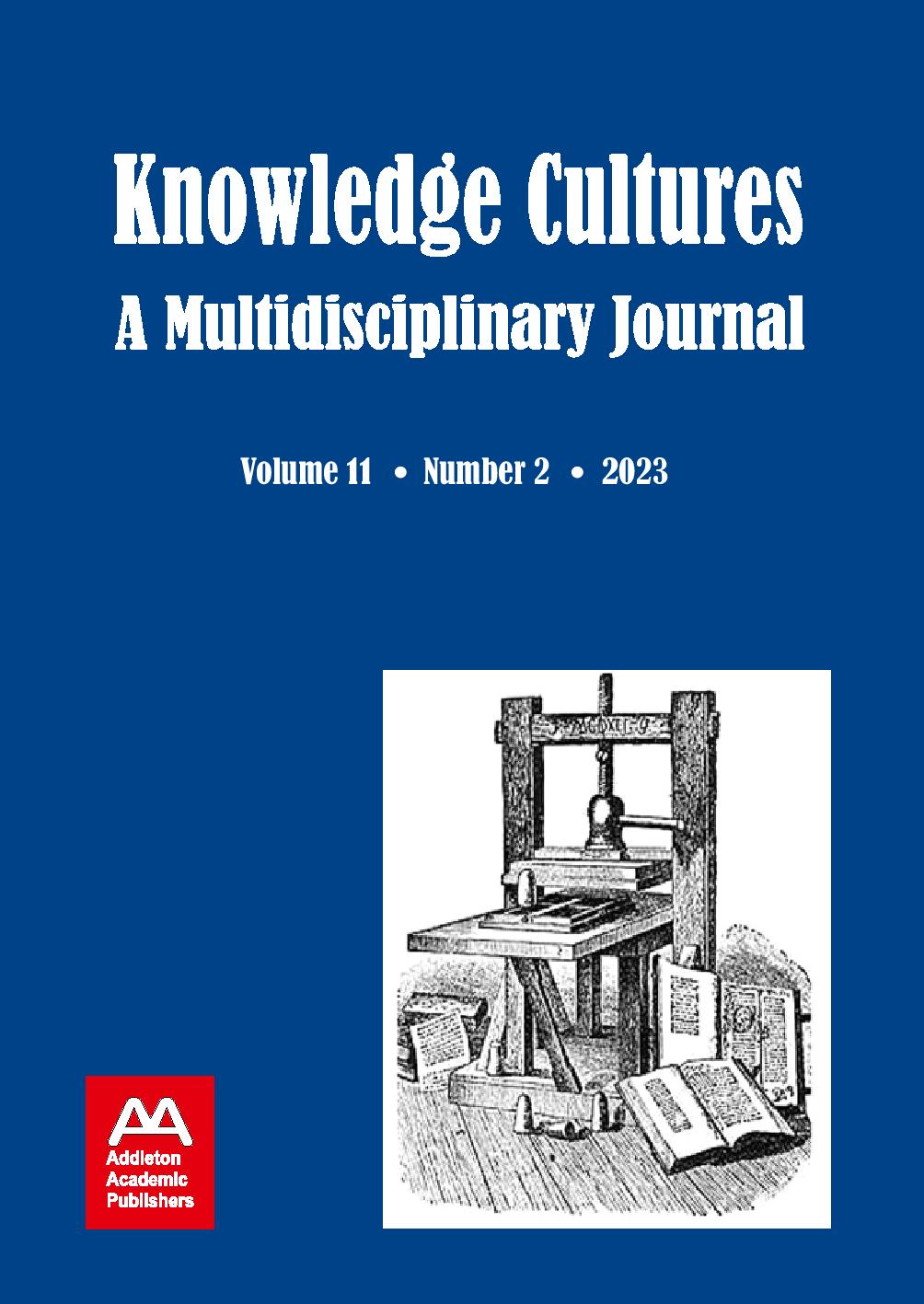Advanced Computational Thing-Kin: Sociomaterial Kinship and the MakerSpace
Advanced Computational Thing-Kin: Sociomaterial Kinship and the MakerSpace
Author(s): Emit Snake-Beings, Ricardo Sosa, Andrew Gibbons, Sereima Baleisomi Takiveikata, Chris Cheng, Adam Ben-Dror, Daniel Badenhorst, Andy Crowe, Emma O’Riordan, Keu Iorangi, Leanne GibsonSubject(s): Sociology, ICT Information and Communications Technologies
Published by: Addleton Academic Publishers
Keywords: computational thinking; makerspace; datafication; makerfication; techno-kinship;
Summary/Abstract: The incursion of tech companies into wider aspects of our lives means that computational thinking has become increasingly enmeshed with physiological, emotional, creative and social aspects of human life. We suggest that advanced computational thinking should be considered in wider terms than the limited scope of computer sciences and that we should recognise the expansion of the ‘computer world’ and its incursion into lived life: the pervasive encroachment of technology into physical, emotional, spatial, culturally complex and, strictly speaking, non-logical areas of our lives. The proposal is that we use a new term, advanced computational thinking, with the appropriate and relevant acronym of ACT, to suggest a social performative bias to existing ideas of computational thinking in education. The expansion of the computer world is the backdrop for exploring thinking as a ‘kinship’ with things (thing-kin) traversing human and material forms. In this article, ACT engages with the cultural scaffolding of the makerSpace, supporting a thinking space where kinship between ‘things’ and makers promotes diversity of learning style and an idea of epistemological pluralism. By recognising thinking and things as being closely entangled with sociomaterial realms, advanced computational thinking incorporates the wider social consequences of technology: expanding early definitions of computational thinking as tools exclusively focused on mathematical, logical or algorithmic thinking.
Journal: Knowledge Cultures
- Issue Year: 11/2023
- Issue No: 2
- Page Range: 110-123
- Page Count: 14
- Language: English
- Content File-PDF

